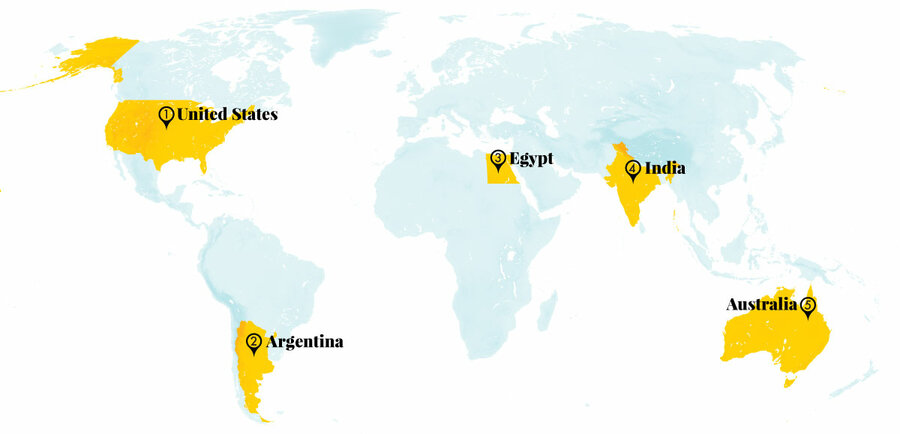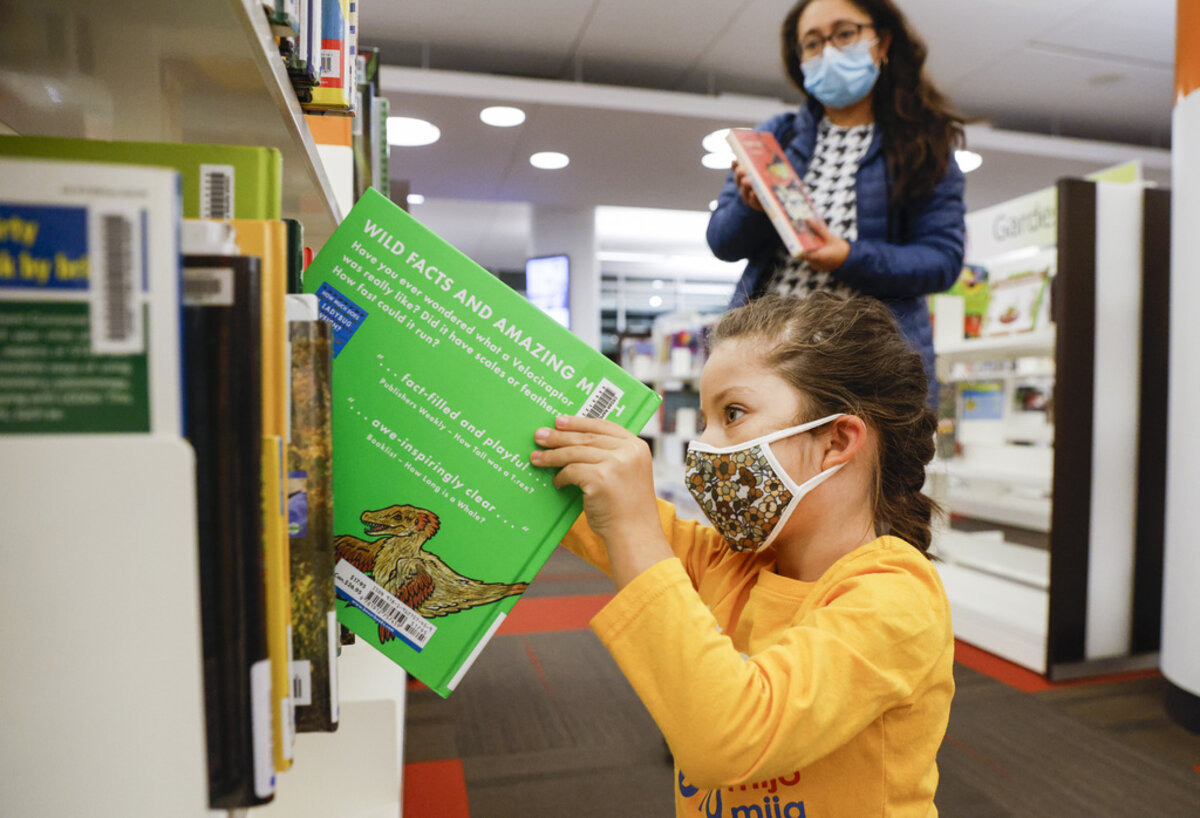With a resurgence of COVID-19, virtual schooling has returned to many parts of the United States. Along with it are renewed worries over what educators call learning loss and a need to fix it. The full damage from enforced online schooling is yet to be known. Yet many in education are asking if this narrative of lost progress itself needs to be fixed. Children, after all, reflect back what parents and teachers see in them.
The idea of reversing the narrative began with an article in The Atlantic titled “Our kids are not broken.” Written in 2021 by Ron Berger, chief academic officer of EL Education, it states that schools should recognize the resiliency of students during the pandemic and honor them with “meaningful and challenging academic work, not with remedial classes.” Kids need to feel empowered in their own growth and healing, the author suggested.
Perhaps one area of education where this idea has taken hold is literacy, or the habit of reading. To meet students where they are and motivate them to read, teachers – with substantial help from publishers and distributors – have focused on how to make reading material more accessible and to nurture each student’s “agency,” or innate desire to learn through the written word.
The idea that children with access to books can be trusted to choose what to read is hardly new. But evidence supporting it keeps piling up. “The number of books in a student’s home has been found to correlate with their level of academic achievement,” Deirdra Purvis of ed tech company Mackin told Publishers Weekly, “and when provided with books that they find personally relevant, students are more likely to engage in reading.”
Recent innovations in access to books are not hard to find. Follett School Solutions, for example, is shipping books of choice to rural students outside broadband service. In a recognition of children’s digital preferences, publishers like Scholastic have set up online reading communities where kids can join peers, track their reads, and meet authors who will read to them. Scholastic’s marketing vice president, Lizette Serrano, believes the summer of 2022 could see “learning acceleration.”
Publishers have also introduced more children to audible books. “Kids who listen to books can be extraordinary readers,” educational psychologist Michele Borba told National Geographic. “It stretches their attention span, helps focus, and teaches how to be self-sufficient.”
StoryWalk, a Vermont-based program founded in 2007 that places children’s books on signs along woodland trails, now has libraries and museums literally running. Outdoors, that is. Kids and parents in all 50 states and 13 countries can follow a story page by page as they walk book trails in urban areas and parks.
At the other end of the literacy spectrum and taking would-be readers (as well as publishers) by surprise, one innovation comes from the “TikTok sisters.” Two teenagers in England, Mireille and Elodie Lee, produce “A Life of Literature” page on the social media site. Within months it has garnered hundreds of thousands of young followers (ahem, readers) who interact with comments and recommendations.
“By showing people a book visually, online, through photos and imagery and aesthetics, people immediately just connect with it,” Mireille told WABC-TV. “They feel the beat of the music. They see the photos and go, ‘Wow, I need to read that right now.’”
As with many of these reading innovations, the TikTok site is a poppin’ place. And kids are reading. Often to each other.
All of this could be pointing to a different approach to concerns over lost learning. When reading communities wrap their arms around each other, they also embrace each child’s resiliency during the pandemic.
 Kim Campbell
Kim Campbell











